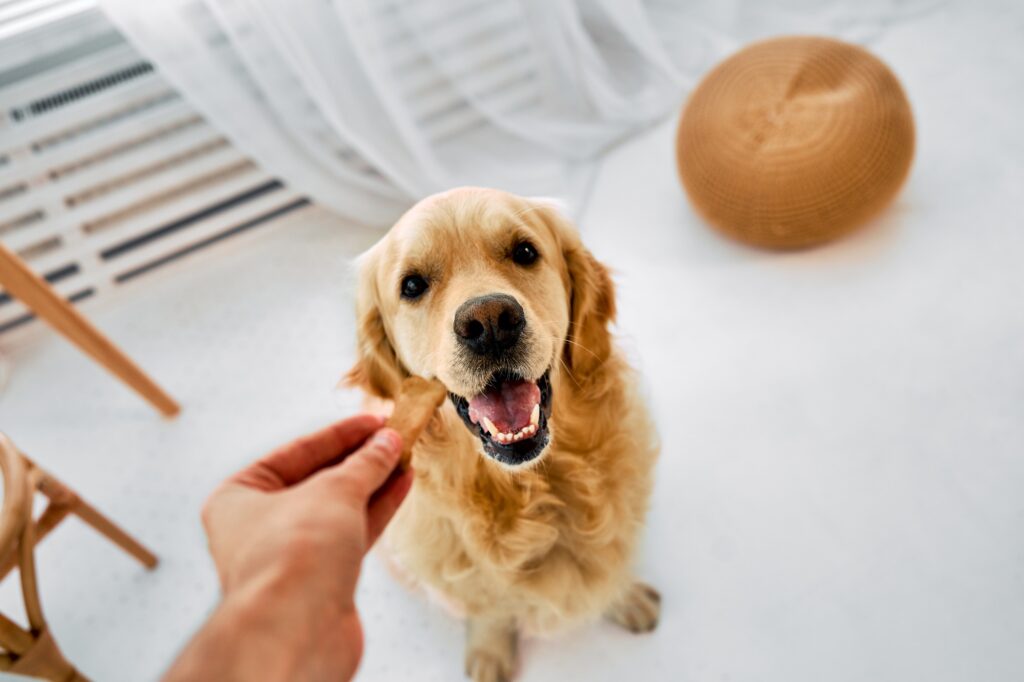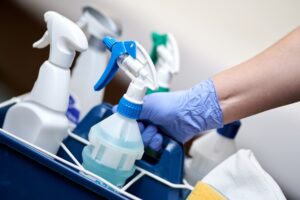Although pets can be beneficial to the health and well being of their owners, people should be aware that animals of all species can sometimes carry harmful germs that cause people to become sick. Germs from dogs, for example, can cause a variety of illnesses, from minor skin infections to serious illnesses. Other animals like rats can carry and spread stomach bugs like salmonella, and can infect us with parasites, fungal infections, tapeworm, roundworm and some superbugs.
Here are the most common household pets ranked from most hygienic to least hygienic
- Budgies
- Hamsters
- Guinea Pigs
- Gold fish
- Reptiles and amphibians
- Cats
- Dogs
Keeping your home disinfected and cleaning up after your pet doesn’t have to be a hassle. With the right products, keeping your pet household clean can be easy. Let’s have a look at how to prevent the spread of germs between pets and people.
1. General Hygiene
Rodents : Hamsters, rats and guinea pigs are naturally clean animals with almost zero odours. Unlike lots of other pets, they
don’t require a lot of hygienic maintenance, but at the very least you’ll want to clean their cages on a weekly basis.
Dogs: Keeping your dog’s fur, teeth, nails, skin, ears, eyes, and paws clean is good for him or her as well as for your sense of smell. Regular professional grooming is very important, but you can keep Toffee in good shape at home as well. A clean canine is a joy to all!
Cats: Most cats stay relatively clean and rarely need a bath, but you should brush or comb your cat regularly. Frequent brushing helps keep your cat’s coat clean, reduces the amount of shedding and cuts down on the incidence of hairballs.
Birds: Budgies are very capable of cleaning themselves on a daily basis, and if you provide a bath for them, their personal hygiene will be impeccable. Parrots, however, will need weekly showers. Along with that, their entire cage should be scrubbed down at least once weekly – for hygiene and social bonding – with a non-toxic disinfectant and hot water.
Fish: Depending on how many fish you have, and how messy they are, most tanks require cleaning about once every two weeks. Cleaning should involve:
✔ Siphoning the gravel to remove any debris and uneaten food
✔ Changing about 10-15% of the water and adding NOVA VET Hypochlorous Solution (HOCl). Fish will not be harmed by low concentrations of HOCl and therefore an ideal treatment for algae and other build ups inside fish tanks.=
✔ Check the filter is working correctly
2. Mouths
Dogs
Love a wet, sloppy kiss? Think again… People tend to think that a dog’s mouth is cleaner than a human’s, but a dog’s mouth is just as full of bacteria as a human’s. The most common bacteria in a dog’s mouth is Pasteurella canis. It’s also the most common organism found in a person’s skin who has been bitten by a dog. Keeping your pooch’s mouth clean isn’t only safe for you but will
allow your dog to live a happier, healthier, and longer life! Here are 4 ways you can keep your pup’s mouth clean:
- Give you dog chew toys to enjoy
- Sprits pet dental spray regularly – an incredibly safe and effective product to use is NOVA VETHypochlorous Solution.
- Brush their teeth with yummy animal toothpaste
- Take them for professional dental cleaning at your local vet
Cats :
Your cat’s breath should not have a foul odour, so if you find their breath is suddenly unpleasant, or if you have noticed their breath getting more smelly, take them to your vet for a check-up.
3. Sleeping
Dogs
Sleeping with your dog can help improve your health in numerous ways. From increasing feelings of comfort to reducing anxiety and stress, having a furry companion to sleep with can be good for both of you! Although they are not common, documented cases show people contracting infections by getting too cosy with their animals. At a minimum, your dog should be bathed at least once every three months. You can wash your dog as frequently as every other week. When in doubt, it’s probably time for a bath (especially if they’ve just come home covered in mud from a long walk in the park).
Cats
Up to 30 percent of people have some kind of allergic reaction to cats or dogs, and allergies to cats are twice as common as reactions to dogs, experts say. An effective way to avoid pesky allergies is to spray NOVA VET Hypochlorous Solution over your animals entire body to clean their coat and neutralise any pathogens as well as reduce and eliminate any bodily odours. For animals with thick coats or long hair, it is advised to brush them while spraying their coat to ensure NOVA VET can cover as much surface area of the skin. This will also alleviate seasonal allergies around your feline’s shedding coat.
4. Bottoms up
Dogs: You should wash or wipe his bottom on a daily basis to keep it clean or at the least once a week. Special canine wipes can be used, or you can use a simple damp washcloth to do the trick.
Cats: Cats are fastidiously clean animals and bury their waste matter when they use the litter box, they sometimes end up
tracking their litter and poop outside of their box. Litter boxes are dirty places, and cats’ paws can capture bits of cat litter and waste, which can end up in your bed, on your couch and even on kitchen counters. Spray your kitty’s litter box and surrounding area daily with NOVA VET to effectively kill bacteria in and around it.
Rodents: Humans can develop LCMV infection from exposure to rodent urine, droppings, saliva, or nesting material of infected rodents. Virus transmission can also occur when these materials are directly introduced into broken skin or into the nose, eyes, or mouth or by a bite from an infected animal. That is why cleaning your hamster’s or rat’s cage with the correct disinfecting agent regularly is vital. NOVA VET is a highly effective, natural and non-toxic choice for cleaning the viral, microbial, bacterial growth off of your rodent’s cages. Once the product is sprayed on the cage, bedding or nesting materials, there is no need to rinse or wipe. Simply air-dry.
5. Drinking Water
To ensure your beloved pet is drinking clean water, and not being exposed to any parasites, you can dilute 10ml to 30 ml of NOVA VET per litre of drinking water.
haven’t heard of NOVA VET Hypochlorous Solution as a completely natural and effective disinfecting solution for your pet? To protect yourself and furry friends, GHM has developed NOVA VET; a solution that ensures your animals do not bring home any undesirable infections that could affect your family. NOVA VET is a scientifically formulated electrolyzed Hypochlorous Acid (HOCl). HOCl is naturally produced in human and animal white blood cells as the body’s defence against bacteria, viruses, spores, biofilms, fungi and other microorganisms.
HOCl is a potent disinfectant and antimicrobial agent and also has cell-repairing properties and induces an anti-inflammatory response in your body. Since it is also 100% biodegradable, it is not necessary to wipe or rinse the area of application after spraying, dipping, wiping or submerging your animals in NOVA VET.
What gives pet owners even more peace of mind is that NOVA VET is free from alcohol, ammonia, bleaches, sulphates, copper, phenols, sulphur, iodophors, aldehydes, pesticides, fragrances, and silicon.
Love your pets? Keep them closer and cleaner than ever with NOVA VET!







